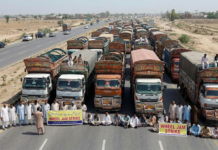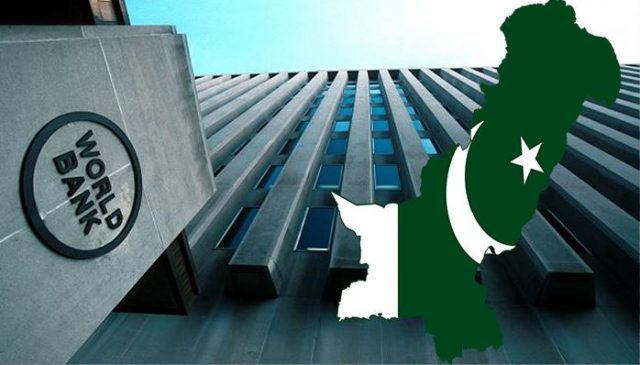The government has requested the World Bank for a loan of $600 million to roll out an innovative hybrid social protection scheme to support its aspirations around risk mitigation and financial inclusion among the poor and informal workers.
The scheme will blend social assistance with social risk mitigation elements to help reduce the vulnerability of the missing middle to shocks under the ‘Pakistan Crisis-Resilient Social Protection’ programme, according to a new World Bank document released on Saturday.
According to the report compiled by a local media outlet, the basic model will be a contributory savings scheme with matching incentives, with a short-to-medium term horizon for withdrawals. It will build on lessons from similar programmes in other countries. Individuals would not be penalised for early withdrawal of their own savings but will not have access to contributions before reaching the minimum time commitment.
This would allow funds to accumulate for later release either on an emergency basis during a crisis or at other significant life events like ageing, illness or death, after this period.
During the first phase, the hybrid scheme will be open to a subset of current and existing beneficiaries of the Benazir Income Support Programme (BISP), although if successful the scheme could be gradually extended to a much wider population.
The World Bank document says that the programme will support the enhancement of the social protection delivery systems, including the social registry and biometric payments system, to increase the ability of the social protection system overall to adapt to the needs of the target population during both crisis and normal times.
At the same time, it aims to build resilience against crisis among poor and vulnerable households by incentivising protection and accumulation of human capital through the conditional cash transfers and household savings through hybrid social protection scheme.
The document says there is a need to boost resilience for the large ‘missing middle’ that is highly vulnerable to shocks and remains uncovered. The Covid-19 crisis underscored this vulnerability when millions of people lost jobs and did not have access to any insurance or savings mechanisms to help them cope.
The planned 2021 safety net expansion to an additional over two million ‘Kafaalat’ beneficiaries will provide them with some support, however, the majority will remain uncovered and without a structured intervention, and continue to be hard hit during crises, it says.
It will support setting up and operationalisation of a provincially representative regulatory structure for the National Socio-Economic Registry (NSER) to ensure the ownership of provinces and promote transparency in decision making and data exchange between the NSER and social programmes at various levels.
Moreover, it will support the systematisation of cross-checks and integration of big data and analytics into the social registry to enhance data quality, and ultimately improving performance.























